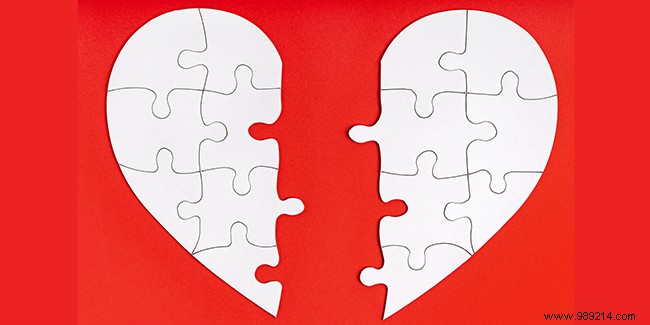
The donation-partage is one of the solutions for settling your estate that is very popular with those who have a heritage. It is indeed a question of giving and distributing as well as possible, and easily, one's goods during one's lifetime. Given the current economic situation, the donation-partage is very suitable for people who wish to help their children and grandchildren before their death.
On the other hand, it is not possible to go back on this donation, which avoids many family conflicts on the death of the donor. What is a donation-sharing? What goods are affected? How much does such an inheritance cost? Answers to your questions
As its name suggests, a donation-partage is both a donation and a sharing. It makes it possible to anticipate his succession and to transmit and distribute all his assets, or only a part, during his lifetime to his so-called presumptive heirs, that is to say who, during your lifetime, are intended to succeed you.
A donation-partage can be made by a single person and in this case concerns their personal property, or with their spouse and then concerns the common property and/or the personal property of each. On the death of the donor, the donation-partage is considered an advance on inheritance and the property thus transmitted is not returned to the common pot of the estate.
You can decide for yourself who will receive your shared donation. Several cases are possible, but a shared donation must be expressly accepted by the beneficiaries.
If you decide to proceed with a donation-partage, you can decide that it will only benefit your children, and no one else. We then speak of simple donation-sharing . These can be children you have had with your spouse, as well as non-common children. In the latter case, each spouse can only give to his or her own children, and each non-common child must not receive separate property from his or her stepfather or stepmother.
In the event that you decide on a donation-sharing for the benefit of your children and your grandchildren, or that of your grandchildren, we speak of "transgenerational donation-sharing". It can only be carried out on two conditions:on the one hand, you must obtain the agreement of your child who renounces all or part of his rights, and, on the other hand, you must have the agreement of your children. -beneficiary children.
If you do not have children, you can let your brothers, sisters and their children benefit from your shared donation. It can also be your uncles, aunts, cousins or cousins.
A donation-partage can concern all the property, or only a part, that you own on the day of the signing of the deed. These assets may be movable or immovable property, sums of money, securities, etc. The donor is free to compose lots as he wishes, even if generally, a donation-partage aims to share an estate fairly.
This form of succession provides exclusively for the possibility of giving separate assets to his heirs.
In the case of a donation-partage, you have the possibility of keeping the usufruct of the goods you have donated, therefore of using them or of collecting the income from them until your death, and even of planning to sell them. to your spouse at that time.
The donation-partage is a final act on which it is not possible to go back at the time of the death of the donor. This feature has the advantage of avoiding disputes between heirs.
On the occasion of a donation-partage, the goods are valued on the day of the act. If one of them increases in value afterwards, his heir will not have to compensate the others, as may be the case with other forms of inheritance.
If your property cannot be distributed equitably among your heirs, the donation-partage gives the possibility of restoring equality by providing that the heir who has received more compensates the others by paying a sum of money called balance. .
The donation-partage does not have many disadvantages. The only one is certainly the risk that the donor will destitute too much for the benefit of his heirs with the risk of no longer being able to finance his own living conditions which can be expensive in old age.
A donation-partition is the subject of a notarial deed and therefore incurs notary fees which depend on the value of the property thus shared. The fees represent 4.931% of the gross assets for goods whose value is less than 6,500 euros, 2.034% for a value between 6,500 and 17,000 euros, 1.356% between 17,000 and 60,000 euros and 1.017% for goods over 60,000 euros.
Like all inheritances, a donation-partage is also subject to gift tax collected by the tax authorities. On the other hand, if the donation-sharing concerns real estate, the donor will also have to pay the land registration tax at the rate of 0.60% due in this case, the levy for assessment and collection costs set at 2.37% of the amount of the land registration tax and the property security contribution at the rate of 0.1%.
The donation-partage is subject to the same tax regime as simple donations and can therefore benefit from attractive allowances:100,000 euros per child, 31,865 euros per grandchild, 5,310 euros per great-grandchild, 15,932 euros per brother or sister and 7,967 euros per nephew or niece. In the same way, it benefits from the reduction in the amount of gift tax to be paid for family expenses.